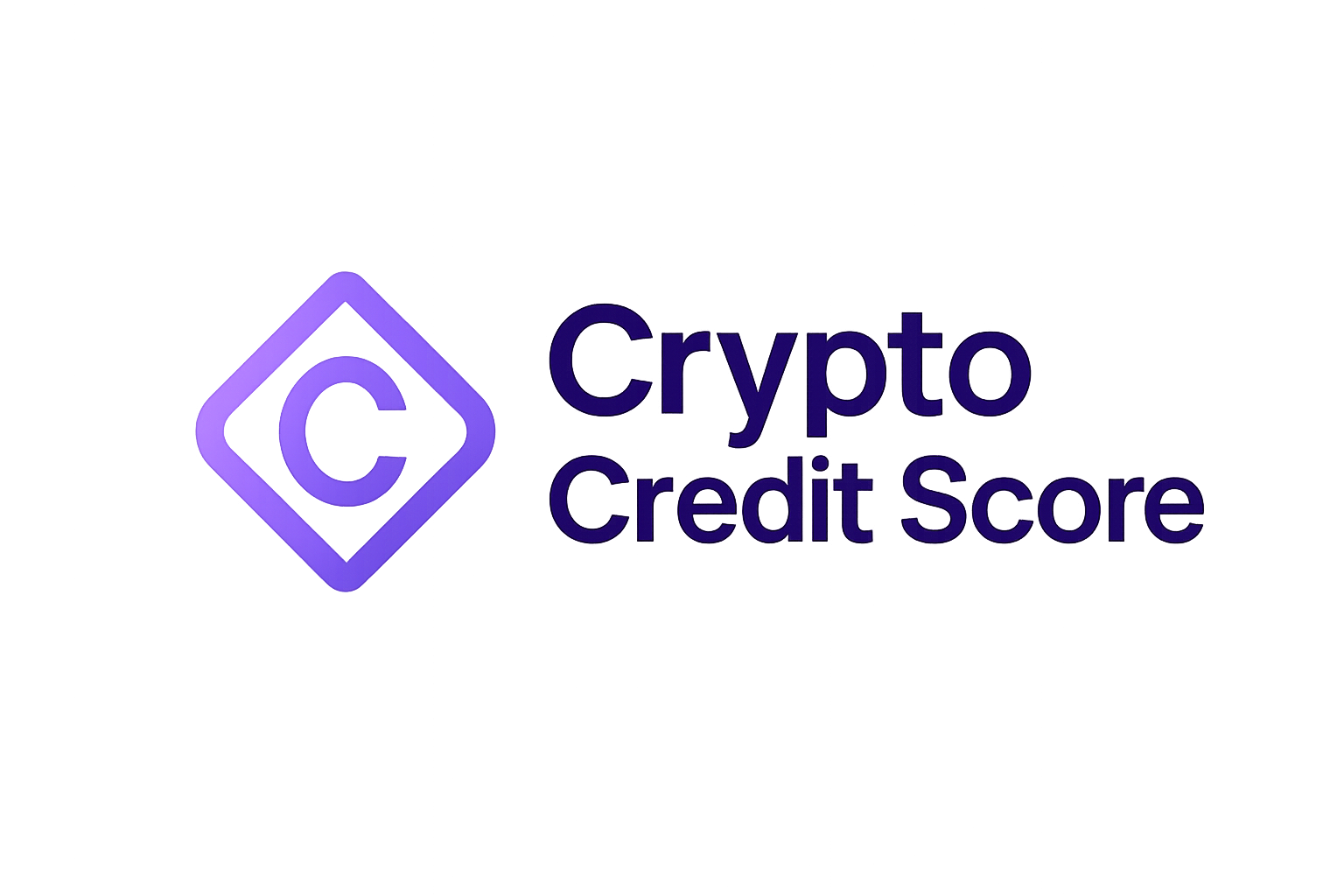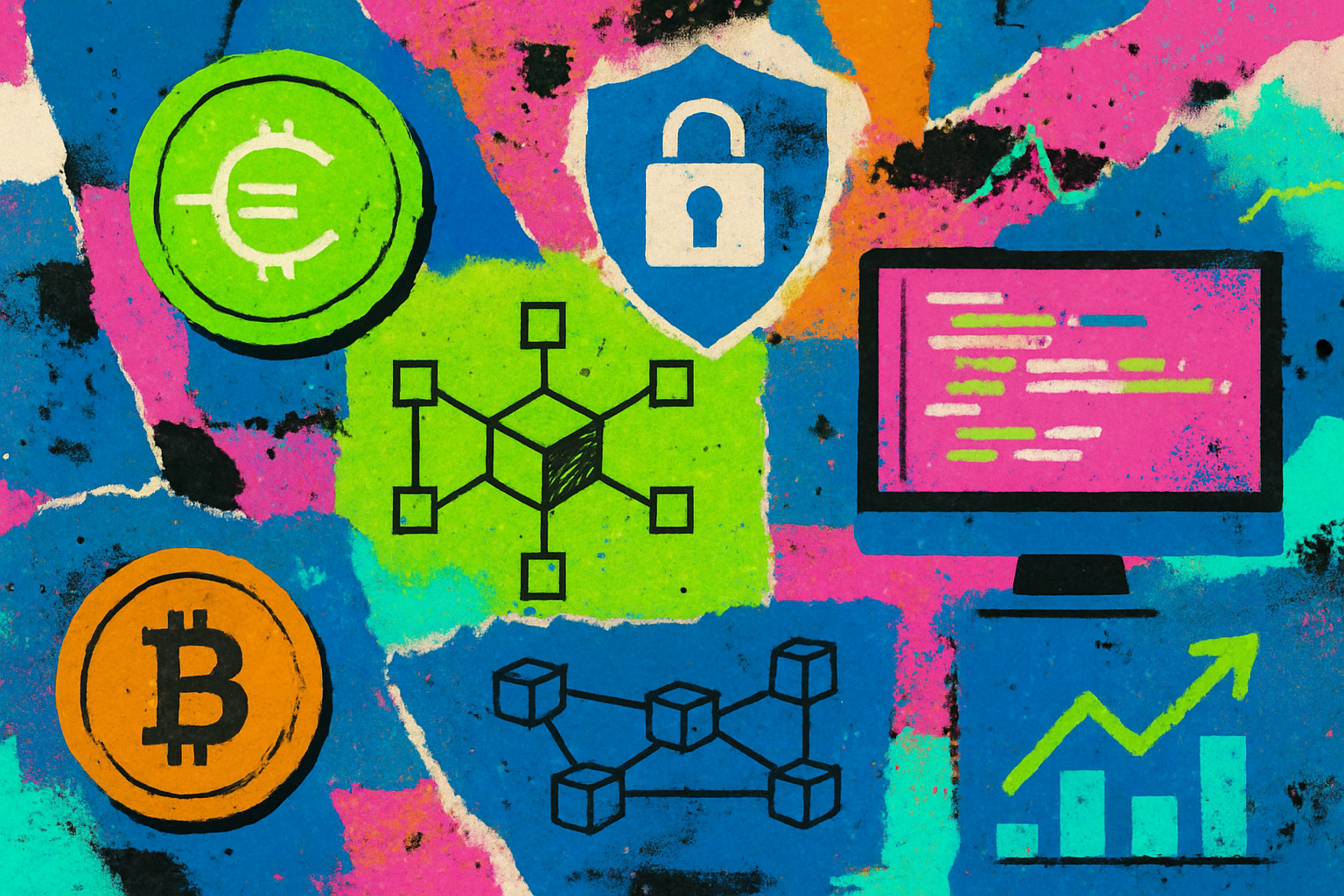
Decentralized finance (DeFi) has always promised a more open, accessible, and efficient financial system. But for years, DeFi lending was stuck in a paradox: to borrow, users typically had to overcollateralize their loans, sometimes by as much as 150 percent. This limited participation to those already holding significant crypto assets and left billions globally without access to meaningful credit. In 2025, that’s finally changing. The rise of on-chain credit scores is unlocking undercollateralized lending at scale and driving a new era of trust and capital efficiency in DeFi.

What Are On-Chain Credit Scores?
An on-chain credit score is a blockchain-native assessment of a wallet’s creditworthiness based on its historical activity. Unlike traditional scores tied to personal identity and opaque bureaus, these scores are algorithmically generated from transparent data – transaction history, loan repayments, liquidity provision, governance participation, and more – all linked to wallet addresses rather than individuals. This structure preserves privacy while enabling robust risk assessment.
The concept isn’t just theoretical anymore. In 2025, platforms like RociFi are deploying AI-powered models that analyze on-chain behavior in real time. Meanwhile, decentralized credit bureaus are emerging with frameworks like zScore that aggregate reputation data across protocols for composability and fairness. And with Web3 identity projects such as Spectral gaining traction, users can now port their on-chain reputations across platforms – opening doors to loans, governance rights, and even employment opportunities within the crypto ecosystem.
The Shift: From Overcollateralization to Undercollateralized Loans
Historically, most DeFi loans were overcollateralized for one simple reason: lack of trust. Without reliable ways to assess risk or pursue recourse in case of default, protocols like Aave and Compound required borrowers to lock up more value than they wished to borrow. This approach protected lenders but severely limited capital efficiency.
On-chain reputation systems are changing the equation. With dynamic blockchain credit assessments now possible, leading platforms can confidently offer undercollateralized loans to users with strong repayment histories or positive on-chain signals. AI-driven models factor in everything from wallet age and transaction diversity to protocol participation and previous defaults – all without exposing personal information.
The result? DeFi is finally starting to resemble traditional finance in its ability to extend trust-based credit – but with greater transparency and global accessibility.
Pillars of the New DeFi Lending Landscape
This transformation isn’t happening in isolation. Several key developments underpin the explosive growth of DeFi lending:
- Integration with Traditional Credit Ratings: Untangled Finance’s proof-of-concept with Moody’s Ratings brought established off-chain ratings onto the blockchain for the first time – bridging old-world finance with Web3 transparency.
- Decentralized Credit Bureaus: Protocols now aggregate standardized reputation data for use across multiple lending markets.
- AI-Powered Risk Models: Machine learning algorithms provide real-time risk scoring based solely on public blockchain activity.
- Web3 Identity Solutions: Users build portable reputations that unlock financial services regardless of geography or traditional documentation.
This confluence is reflected in hard numbers: by June 2025, Total Value Locked (TVL) in DeFi lending hit $55 billion, buoyed by renewed stablecoin confidence and seamless cross-chain functionality.
The Privacy Advantage: Credit Without Compromise
A defining feature of on-chain credit scoring? It’s inherently privacy-preserving. Since scores are tied to wallet addresses rather than personal identities or invasive data collection practices, users maintain sovereignty over their information while still accessing financial opportunities previously out of reach.
Borrowers can selectively disclose their creditworthiness to protocols while keeping personal identifiers off-chain, striking a balance between transparency and privacy. This is especially crucial as DeFi expands into regions with strict data protection laws or where individuals lack traditional documentation. The result: a more inclusive and user-friendly credit landscape that doesn’t sacrifice security or autonomy.
Top Benefits of Privacy-Preserving On-Chain Credit Scoring in DeFi Lending
-

Enables Under-Collateralized Loans: On-chain credit scores allow DeFi platforms to confidently offer under-collateralized loans by assessing wallet-based creditworthiness, reducing the need for excessive collateral and unlocking more capital for borrowers.
-
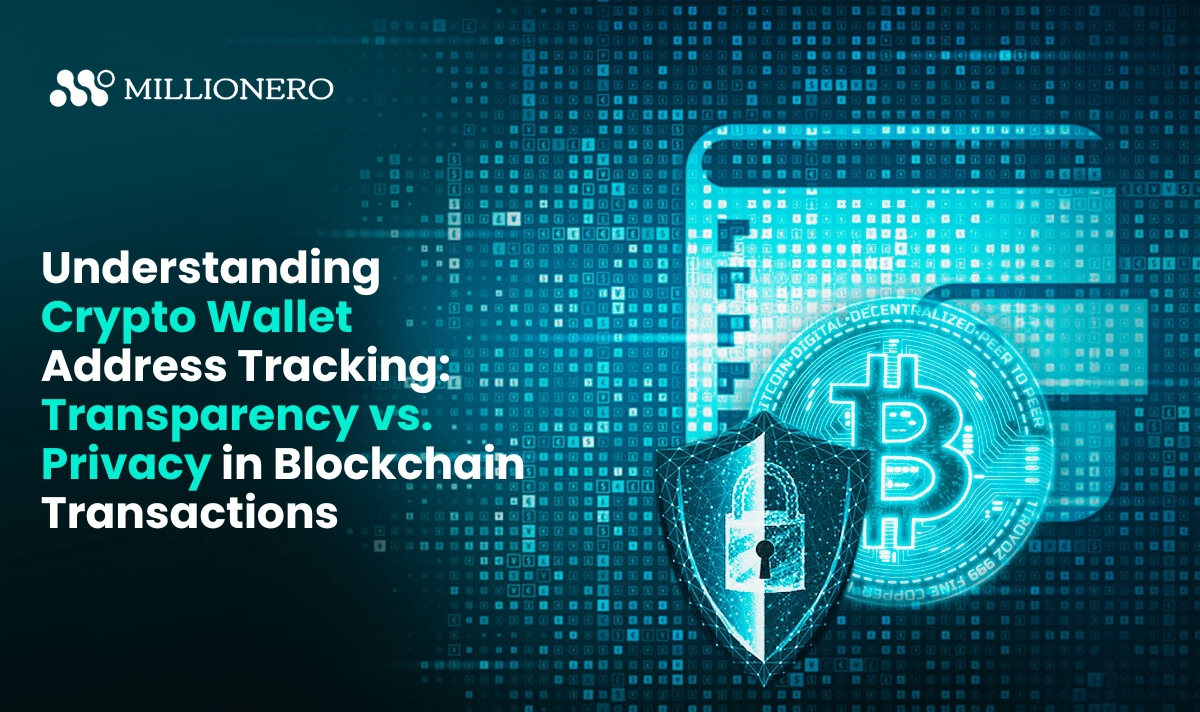
Protects User Privacy: By tying credit scores to wallet addresses instead of personal identities, privacy-preserving systems ensure that users’ sensitive information remains confidential while still enabling robust risk assessment.
-
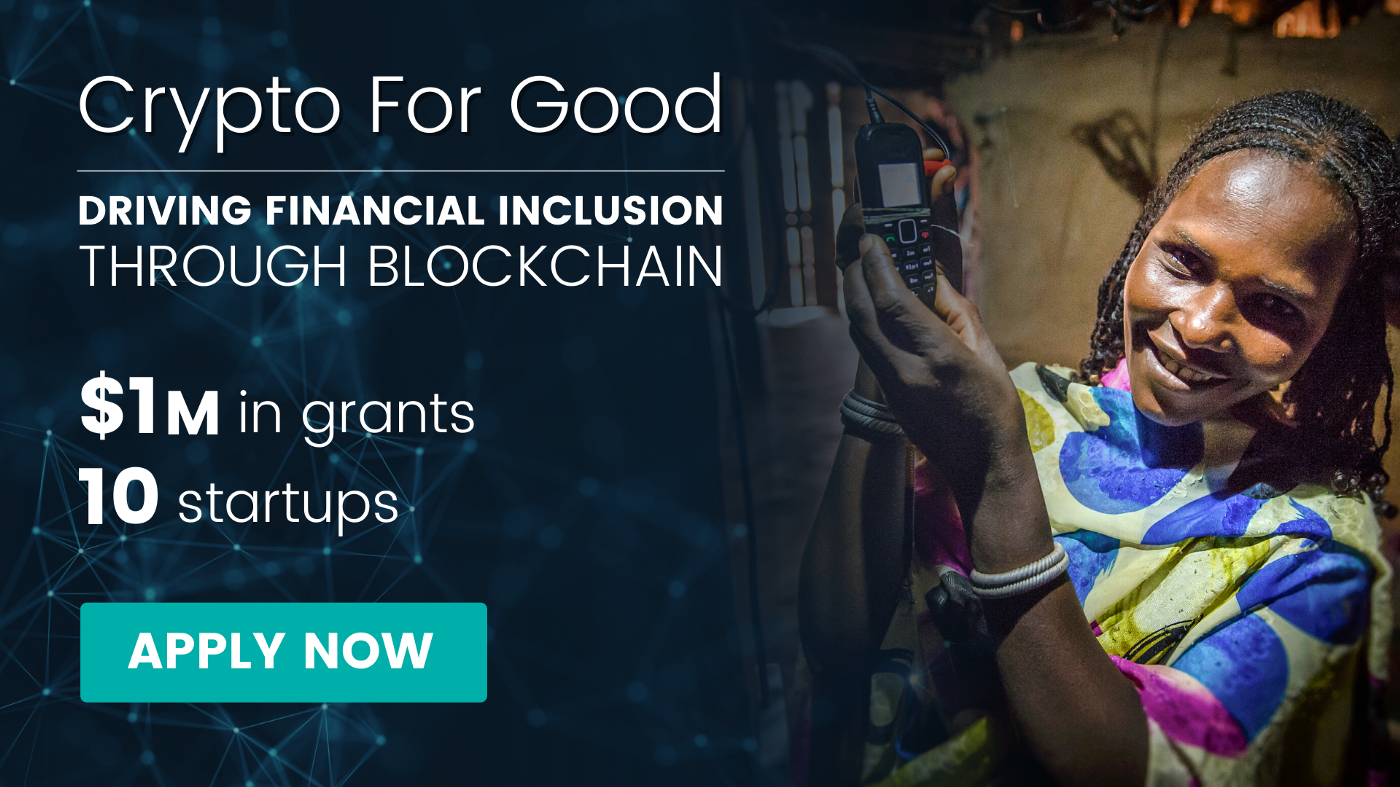
Enhances Financial Inclusion: Individuals without traditional credit histories can access DeFi lending thanks to on-chain reputation systems, expanding financial services to the unbanked and underbanked worldwide.
-
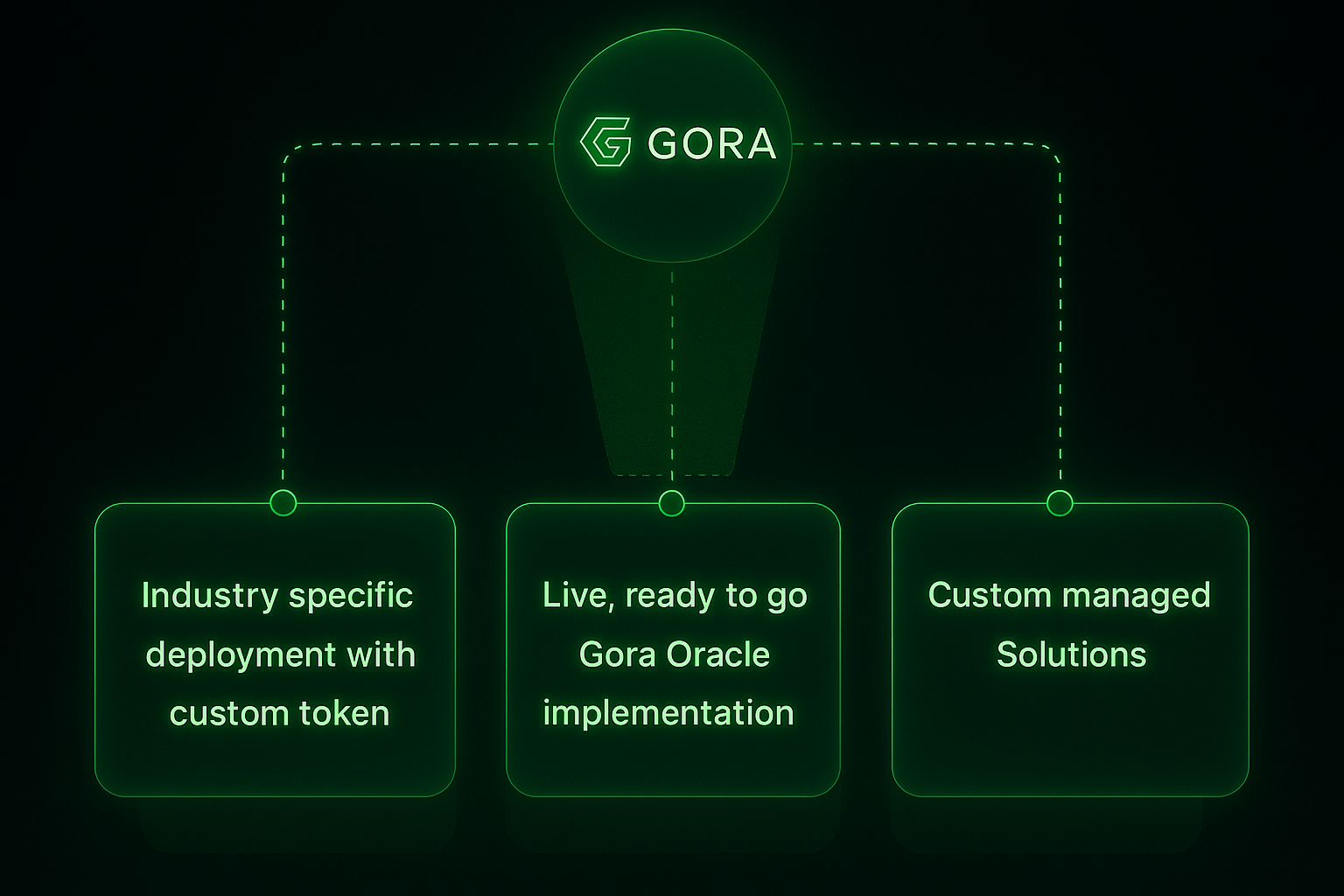
Facilitates Seamless Cross-Platform Reputation: Solutions like the zScore framework and decentralized credit bureaus let users build a portable, composable on-chain reputation that works across multiple DeFi protocols.
-
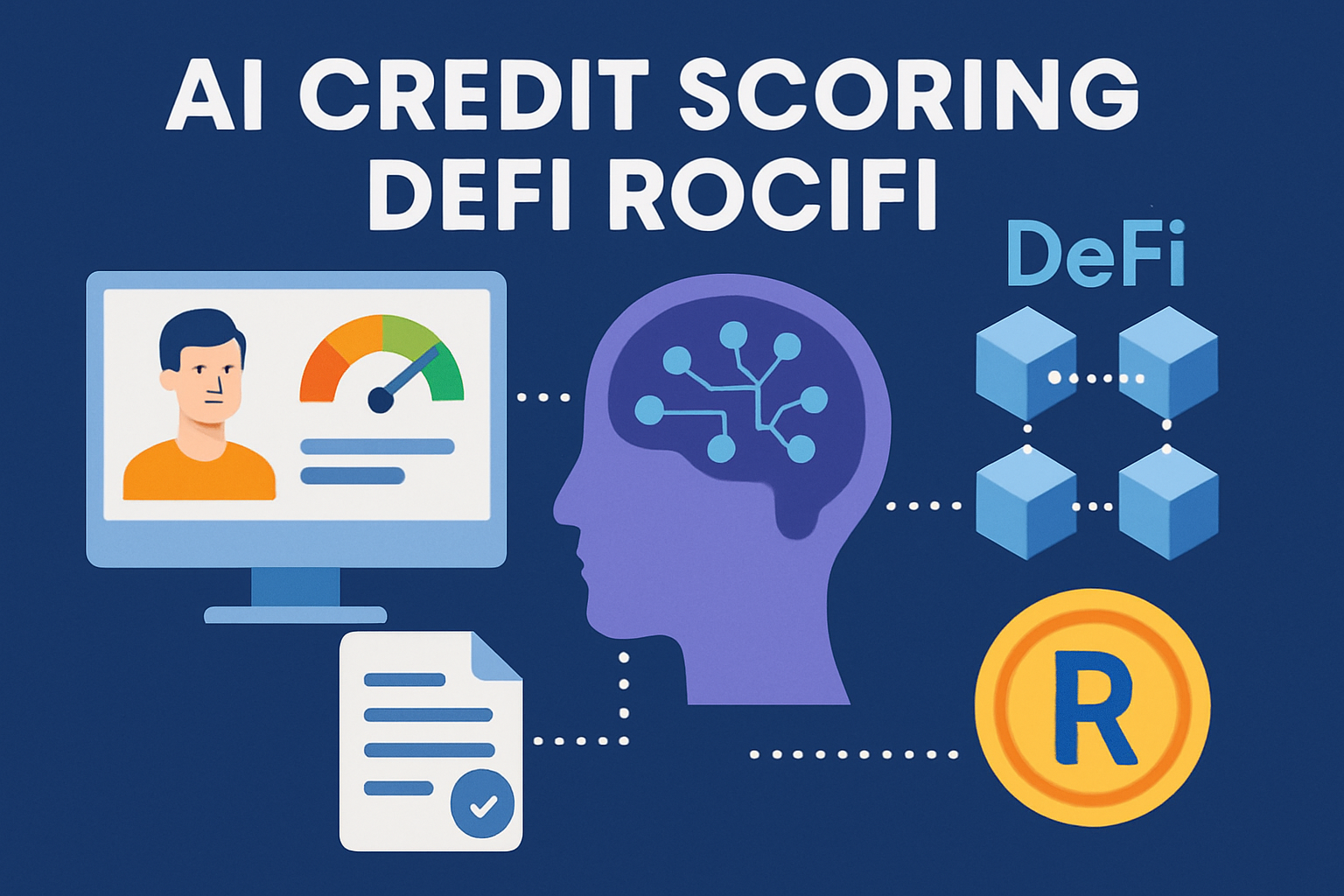
Improves Risk Management with AI: Platforms such as RociFi leverage AI-driven models to analyze on-chain behavior and provide real-time, dynamic credit scoring, helping lenders adjust terms and manage risk more effectively.
-

Integrates with Web3 Identity Solutions: Projects like Spectral combine on-chain credit scoring with decentralized identity, empowering users to leverage their reputation for loans, governance, and broader Web3 access.
For lenders and protocols, this privacy model also reduces compliance headaches and streamlines onboarding. With credit scores generated purely from wallet activity, there’s less risk of identity theft or data breaches, a win for both sides of the market.
How On-Chain Credit Scores Are Shaping DeFi Risk Management
Risk management in DeFi lending has undergone a seismic shift in 2025. Instead of blunt overcollateralization, platforms now use dynamic risk models that respond to real-time credit signals. Borrowers with strong on-chain reputations can access better rates and terms, while those with riskier profiles face higher premiums or stricter conditions. This flexibility improves capital allocation and reduces systemic risk across the ecosystem.
Importantly, AI-powered scoring models are constantly learning from new data, meaning protocols can quickly adapt to emerging threats or changing borrower behavior. For example, if a wallet suddenly exhibits suspicious activity or defaults elsewhere, its score updates instantly across all participating platforms. This interconnectedness builds resilience and trust, making DeFi lending safer for everyone involved.
Unlocking Trillions: The Road Ahead for DeFi Lending Reputation
The impact of on-chain reputation systems is just beginning to be felt. As more users build portable credit histories, and as cross-chain reputation standards mature, analysts anticipate trillions of dollars in new liquidity could flow into DeFi over the next few years (see related analysis). Undercollateralized crypto loans are already gaining traction among both retail users and institutional players seeking efficient capital deployment.
This evolution is also catalyzing innovation beyond lending: projects are exploring how blockchain credit assessment can power decentralized insurance, payroll advances, Web3 employment verification, and even new forms of governance participation based on trust metrics rather than token holdings alone.
What’s Next? Building Trust Without Borders
The decentralized finance trust revolution is far from over. As adoption accelerates and standards coalesce around privacy-preserving scoring frameworks, expect to see:
- Greater financial inclusion: More unbanked users accessing loans with nothing but their on-chain reputation.
- Composability: Credit scores seamlessly used across multiple protocols without manual intervention.
- Evolving regulatory clarity: Jurisdictions recognizing wallet-based reputation as a valid tool for responsible lending.
The days of requiring $150 worth of collateral to borrow $100 are numbered. In 2025, blockchain-powered reputation is rewriting the rules, and making decentralized finance truly borderless at last.
